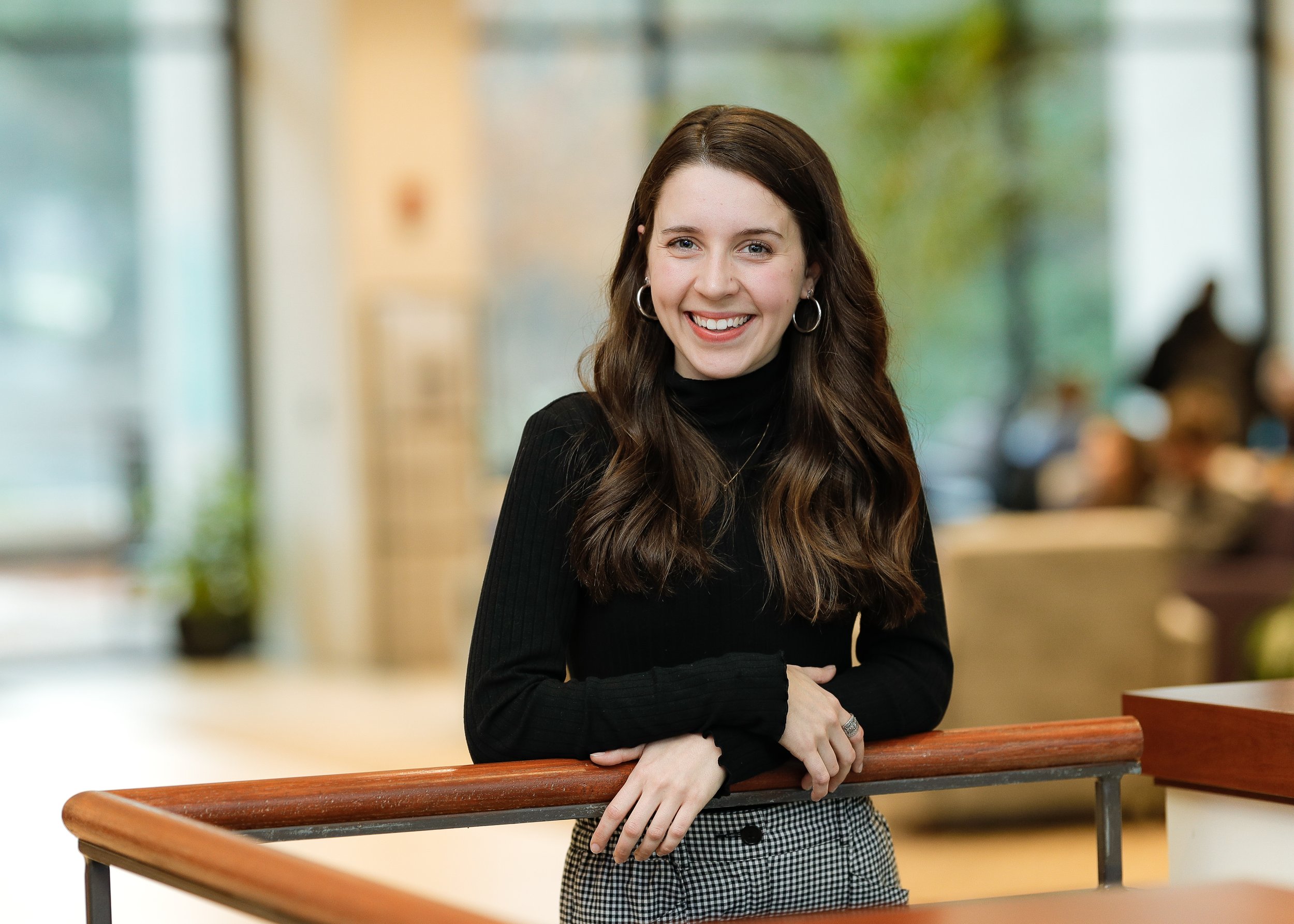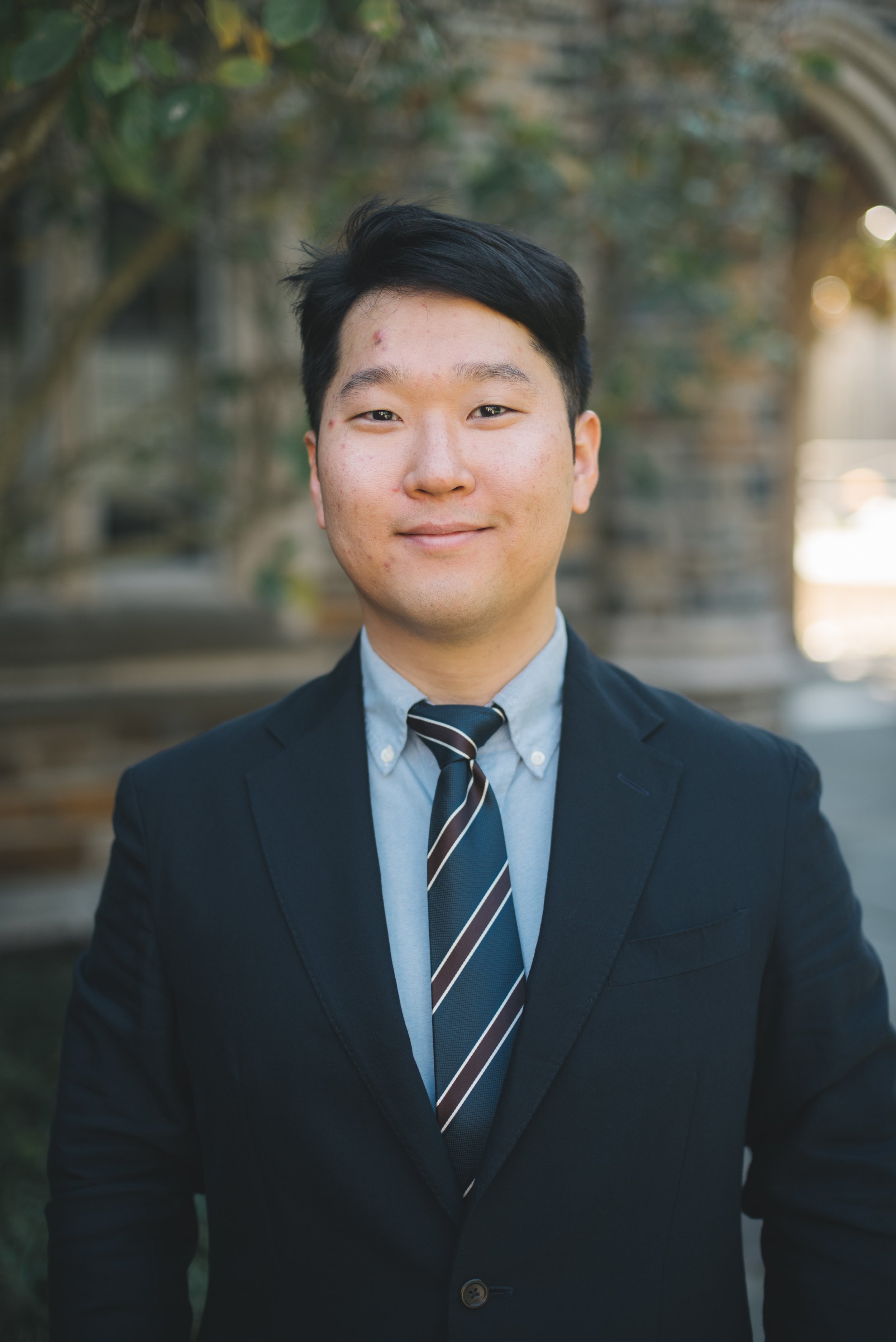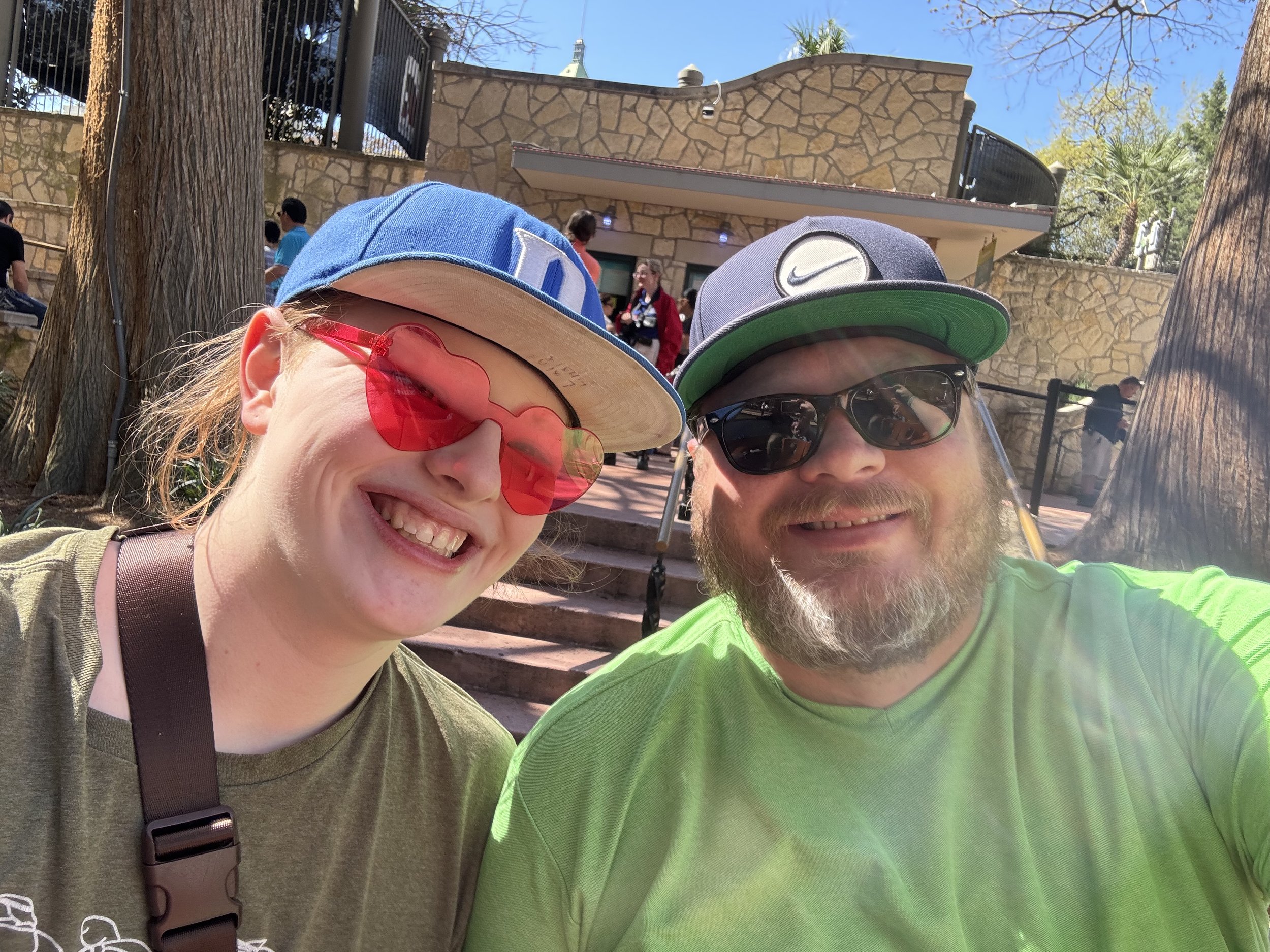San Antonio Community Economic Development Immersion
Over a three day period in late February 2024, faith leaders, investors, entrepreneurs, and community leaders from all over the country came together in San Antonio for the Neighborhood Economics conference to discuss strategies for repairing local economies. The conference centered on six themes: entrepreneurship, catalytic capital, creating assets, the role of people of faith in transforming the economy, shared ownership, and subverting redlining. As a part of the Ormond Center’s commitment to form future faith leaders who are thinking innovatively at the intersection of the church and communities, we invited our Thriving Communities Fellowship to join us. Six students accepted the invitation. We asked those six students, as well as our young teenaged traveler who became part of our San Antonio team, to share their main takeaway from the conference and what follows is their responses.
Student Takeaways
Joseph Reigle, MDiv ‘24
“My key takeaway from this conference is that there is a strong network of experienced practitioners eager to offer advice, encouragement, and support to innovative local ministries. Through the diverse array of speakers and breakout sessions at this conference, I discovered that in nearly every imaginable dimension of neighborhood ministry, there is an energized network of ministers, investors, city planners, health professionals, and community leaders who are practicing what they preach in their local neighborhoods and finding success. I heard from community organizers who acquired local property to combat gentrification in their neighborhood. A city planner presented the persistent economic after-effects of redlining where he lives (and the enforceable laws that can help reverse it). I listened to pastors who led their congregations in re-imagining how their church property could be used--for instance, as a community center, local co-op, or affordable housing. Surely, there are many ways that the Kingdom of God remains unrealized in our neighborhoods, but I learned that there is no reason to pursue this Kingdom work without the support of people who have found the practical wisdom, expertise, and renewed imagination necessary to succeed.”
Jilian Palmer, MDiv ‘25
“I'm very grateful to have been given the opportunity to attend the Neighborhood Economics Conference. The conference offered a unique space to absorb, share, and collaborate with a diverse array of leaders across different sectors. As a seminarian, it was encouraging to see faith-based values woven into economic strategies for justice. I particularly appreciated the elevation and support of BIPOC voices and organizations. It gave me hope to be in the presence of so many individuals from different backgrounds committed to real societal transformation. I hope to see many communities uplifted and transformed as a result of Neighborhood Economics. “
Allie Hargrove, MDiv ‘24
“The Neighborhood Economics conference made practical theology a tactile reality. The plenaries, breakout sessions, and labs sparked my imagination about creative and innovate ways to love my community well. It also challenged me to think about ways in which I need to pursue economic justice in my own life, particularly as I think about pastoring a church in the future. I am grateful for the conversations and perspectives shared - both within the Duke cohort and outside of it.”
Meg Greto, MDiv ‘26
“During the conference I participated in a lab on developing future faith leaders. This lab emphasized the importance of not only the relationships within the academic institution and its immediate context, but also highlighted the need for greater inter-seminary collaboration. While academic institutions will naturally have a tension of competition, I left this inspiring conference with deeper relationships and a desire to work toward breaking down institutional barriers. As a specific example from our lab workshops, what might it look like to offer a collaborative/hybrid course across several seminaries on the theology of money or theology of imagination, exploring faith in the neighborhood?”
Grace Meredith, MDiv ‘24
“The Neighborhood Economics conference breathed new life and theological imagination into fostering a compassionate economy. It highlighted one of the very real dangers of economic justice work—the temptation for folks with vast amounts of capital to 'fix’ problems via top-down control, inadvertently replicating colonial structures. Rather, a just and caring economy needs community-identified solutions to community-identified challenges. Whether it's through local investing, community organizing, or employee and community-owned models of business, faith and nonprofit leaders can partner in solidarity, taking meaningful steps towards lasting change.”
Donghyung Lee, MDiv ‘26
“At the Neighborhood Economics conference, I learned about various methods to nurture faith-based communities and the entrepreneurship necessary for managing spiritual capital; realizied the abundance of resources in our surroundings, and resolved to survey my neighborhood to identify needs where we can offer assistance.”
Laine Lingle
In addition to our Thriving Fellows, Agent of Thriving Luke Lingle was there as a guest speaker, sharing his vast knowledge about Placemaking with the Neighborhood Economics’ 400+ guests; and he brought his young teenaged son, Laine, with him to explore the city. Laine joined the Ormond team at some of our events and reflection sessions and he was a delight to have among us. The Ormond team has lots of young children from a few weeks old to 15 years of age, who always make us smile. They are our future Kingdom workers and so we celebrate them whenever we can. Adding intergenerational lens to this month’s newsletter, we share Laine’s thoughts in his own words.
“I traveled to San Antonio at the end of February with my dad [Luke Lingle'] to explore the city and attend the Neighborhood Economics conference. The city of San Antonio—from what I have seen—is pretty cool. As I was exploring the San Antonio River Walk, I came across this very interesting building that looked completely flat, like it had no depth, but, in reality, it took up an entire city block. Everything felt so new and different from the mountains I’m used to, that I found myself paying attention to the smallest details. I would love to see more of the city of San Antonio.
What did I learn about the Ormond Group? They are a place making lab at Duke University. What is a place making lab? Well if you have a church, for example, that building, six out of seven days of the week, is empty. Nothing is happening. In the same city as the church is a little school, which doesn't have a building. The church goes out into the community and sees this school without a building. The school works together with the church to come to a mutually beneficial agreement. The church has a new outlet for community and the school has a building for kids to learn in.
When I was in San Antonio everything was new, everything had a cool shiny coat of paint. I have been going to Central UMC Asheville for ten years now, and I have basically explored everything—it isn't as new. It can be hard to look at a place in a new light, but, if you can look at a place in a creative way, you can see things that need to be changed or fixed.”









